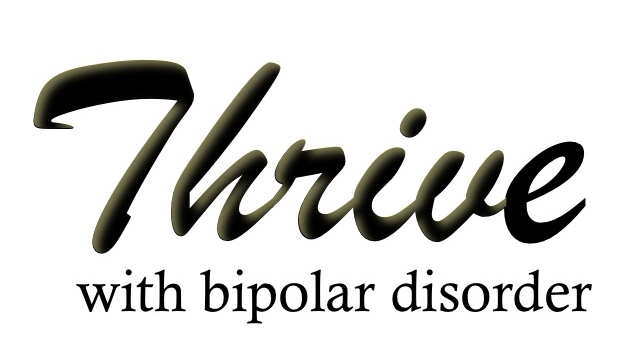Mania & Depression disrupt our CIRCADIAN RHYTHM – How to get our RHYTHM OF LIFE back.
in Advantageous Coping Skills / Daily Living / My Work & Research
by Robin Mohilner
July 21, 2011
0 comments
What is our CIRCADIAN RHYTHM?
Our circadian rhythm is our RHYTHM IN LIFE.
It guides the structure and flow of all our bodily systems and our brains:
- SLEEP
- It tells our body and mind that we are tired.
- When to sleep.
- How long to sleep.
- When to wake.
- Our sleep cycle being out of whack can cause stress on our bodies which has the ability to trigger mania or depression. Many people are letting their sleep cycles diminish in the modern world due to the exposure of blue lights being emitted from digital devices with bright screens, one way people can find their rhythm again is to use the likes of these blue light glasses to filter the blue light their eyes are being exposed to, allowing the brain to realize the day and night cycles correctly.
- HUNGER & DIGESTION
- It tells our body when we are hungry
- What to eat…what we crave
- How much to eat / when we are full
- What and how much acid etc our body needs to break down food etc.
- HORMONE CYCLE
- When our hormones are disrupted it has a huge affect on our mood, emotion and all human drives
- Affects our reproductive cycle, stress, mania and depression can significantly alter the reproductive cycle.
- This plays a huge role in our social drives toward connection with others as well as need for autonomy.
- This plays a huge role in all bodily functions.
- Our hormone system being out of whack can cause stress on our bodies which has the ability to trigger mania or depression.
- IMMUNE SYSTEM FUNCTIONING
- During times of stress – including: lack of sleep, mania and depression our immune systems can become over-active or under-active
- Some people get sick just after the stressor passes, other people get sick when they experience stress
- Our immune system being out of whack can cause stress on our bodies which has the ability to trigger mania or depression.
- OUR CIRCULATORY SYSTEM
- Our blood pressure and heart rate are affected by all of the other systems in our bodies.
- When our rhythm is messed up by stressors (lack of sleep, mania, depression etc), our heart rate and blood pressure can increase or decrease.
- This can be unsafe and should be examined by medical doctors if you experience significant changes in your circulatory system.
- MUSCULAR SYSTEM & PHYSICAL ENERGY & STRENGTH
- When we are affected by stressors (including mania and depression) our physical energy and strength are heightened or impaired.
- Mania causes and increase in physical energy and strength
- Depression causes a decrease in physical energy and strength
- Depression can cause psychomotor retardation, which is the inability or have difficulty moving.
- ALL OF OUR ORGANS necessary for our survival ARE AFFECTED BY THESE CHANGES
- EMOTION
- Emotion is a physical release of energy. It is “Energy in Motion”.
- When emotion is unpredictable it may be because our circadian rhythm is out of balance AND we have an abundance of energy produced and we must release it or a lack of energy and are unable to release anything.
- THE BRAIN & MOOD
- We do not know what comes first…does the brain get out of whack causing a chemical imbalance that leads to a disturbance in our circadian rhythm OR does the circadian rhythm become out of whack and cause chemical imbalance in our brain?
- EITHER WAY, it truly affects our MOOD and the result is mania and depression.
How to get our RHYTHM OF LIFE back
TO HIT THE RE-SET BUTTON ON OUR CIRCADIAN RHYTHM
WE NEED to create CONSISTENCY, PREDICTABILITY & ROUTINE in:
- When we go to sleep and wake up.
- Our body is able to re-set because we can depend on sleep-time which is when the body repairs itself, generates memory, works through challenge etc.
- When we eat AND what we eat.
- Our body is able to re-set because we can depend on nutrition.
- The use of our bodies (exercise).
- Our body is able to re-set our energy and strength levels.
- Routine activity throughout the day lets our bodies know how much energy we need for each task, creating predictability and stability.
STABILITY OF MOOD IS SUPPORTED BY
STABILITY IN OUR CIRCADIAN RHYTHM


